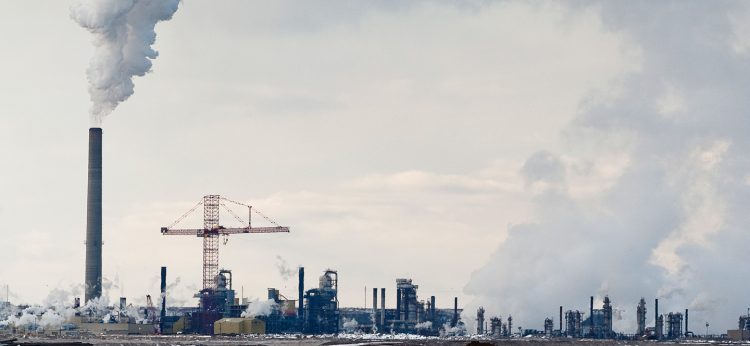
Canada’s Fossil-Fuelled Pensions: The Case of the British Columbia Investment Management Corporation
by Zoë Yunker, Jessica Dempsey and James Rowe | June 25, 2018
The British Columbia Investment Management Corporation is the steward of BC’s public pensions, but bankrolls companies whose current business models exceed the climate change targets agreed to in the Paris Agreement to which Canada is a signatory. This report shows that the Corporation’s claims of responsible investment are more talk than walk, as its actions are not …

A Prairie Patchwork: Reliance on oil industry philanthropy in Saskatchewan boom towns
by Simon Enoch and Emily Eaton | May 28, 2018
When we think of a “boom town,” we often imagine a formerly sleepy rural town suddenly awash in wealth and economic expansion. It might surprise some to learn that for many municipalities in oil-producing regions in Saskatchewan, the costs of servicing the oil boom can outweigh the benefits. Instead, as Simon Enoch and Emily Eaton …
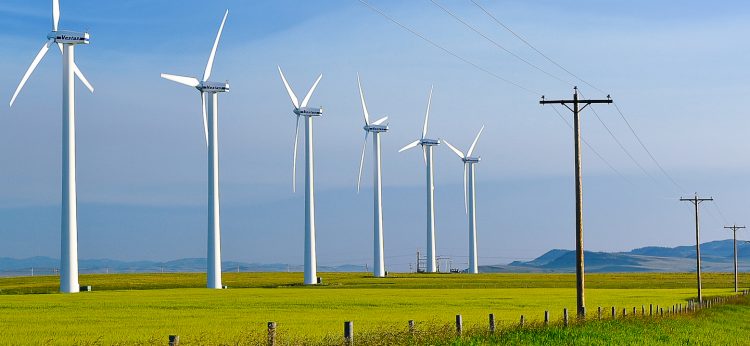
Canada’s Energy Outlook
by David Hughes | May 1, 2018
Current realities and implications for a carbon-constrained future Canada faces some very difficult choices in maintaining energy security while meeting emissions reduction targets. This study analyses Canada’s energy system, and provides an objective assessment of future options to maintain energy security and meet climate commitments. Canadians need a viable and sustainable long-term energy strategy, based …

What the Paris Agreement Means for Alberta’s Oil Sands Majors
by Ian Hussey & David Janzen | January 31, 2018
This report evaluates what the Paris Agreement on climate change means for the “Big Five” oil sands producers—Canadian Natural Resources Limited (CNRL), Suncor Energy, Cenovus Energy, Imperial Oil, and Husky Energy—by estimating the social cost of carbon (SCC) of the oil and gas reserves of these firms and by assessing the emissions-reduction disclosures and targets, …
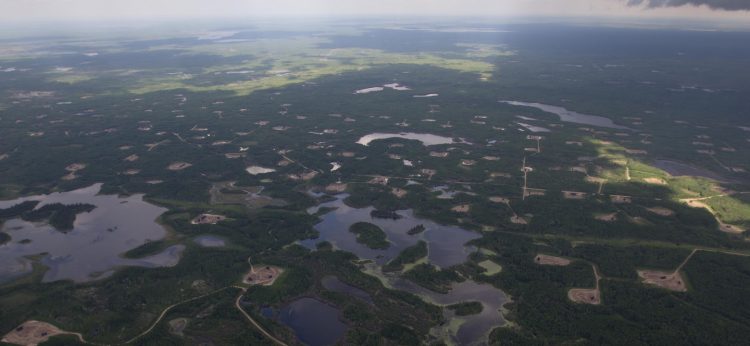
Climate Politics in the Patch
by Emily Eaton | October 10, 2017
Engaging Saskatchewan’s Oil-Producing Communities on Climate Change Issues Download the study The future of oil extraction and transportation is one of the most contentious issues in Canadian politics. Plans for the construction of new pipelines to both the East and West coasts has entrenched old divisions between Eastern and Western Canada and opened up new …
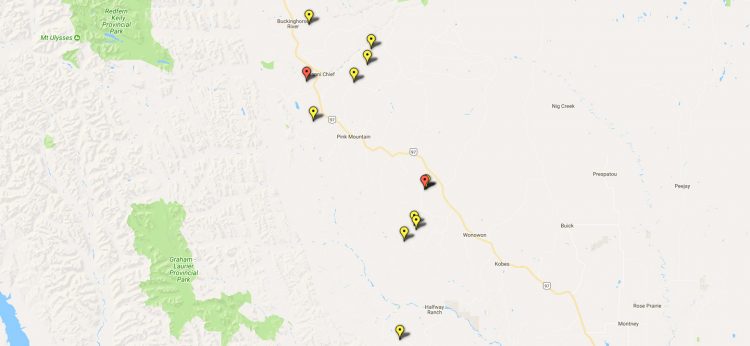
A Dam Troublesome Exception: Progress Energy’s dams should not be exempted from environmental review
by Ben Parfitt | October 1, 2017
I sent the following letter to BC’s Environmental Assessment Office (EAO) in response to Progress Energy’s extraordinary request to retroactively exempt the Lily and Town dams from environmental reviews. Such reviews should have been conducted before the dams were built. Not only did those reviews not happen, but the company also failed to obtain other …

Betting on Bitumen: Alberta’s Energy Policies from Lougheed to Klein
by Gillian Steward | June 7, 2017
This report examines the history of Alberta energy policies as they apply to development of the oil sands, focusing on the contrasting oil sands policies of premiers Lougheed and Klein, two of Alberta’s most popular premiers and key to oil sands development in the province. The petroleum industry has long had a strong influence on …

Will the Trans Mountain Pipeline and Tidewater Access Boost Prices and Save Canada’s Oil Industry?
by David Hughes | May 31, 2017
This report examines the argument that building pipelines to ‘tidewater’ will unlock new markets where Canadian oil can command a better price than in the US, where the majority of Canadian oil is currently exported, using Kinder Morgans Trans Mountain Extension Project as an example. The research found that problematic assumptions led to the pipeline’s approval by the …

The Corporate Mapping Project in the Monitor
by Corporate Mapping Project | March 14, 2017
A number of Corporate Mapping Project articles and new research is featured in a special issue of The Monitor, the Canadian Centre for Policy Alternatives’ bimonthly national magazine. Check out articles by project co-directors Shannon Daub and Bill Carroll, and new pieces by Marc Lee, Emily Eaton and Simon Enoch, Fiona MacPhail and Paul Bowles, and Mike Lang …
Infographics: The fossil fuel industry’s access to the BC government
by Corporate Mapping Project | March 8, 2017
Mapping Political Influence examines the political reach of the fossil fuel industry in British Columbia, as evidenced by donations to political parties and lobbying efforts by oil, gas and coal corporations and industry groups. It finds a remarkable and disturbingly close relationship between industry and the provincial government – one that not only contradicts the province’s stated …

Mapping Political Influence: Political donations and lobbying by the fossil fuel industry in BC
by Corporate Mapping Project | March 8, 2017
This study examines the political reach of the fossil fuel industry in British Columbia, as evidenced by donations to political parties and lobbying efforts by oil, gas and coal corporations and industry groups. It finds a remarkable and disturbingly close relationship between industry and the provincial government – one that not only contradicts the province’s stated aim …
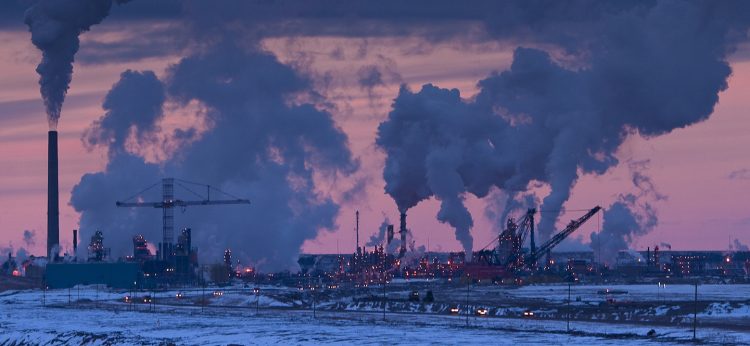
Extracted Carbon: Re-examining Canada’s contribution to climate change through fossil fuel exports
by Marc Lee | January 25, 2017
This study re-examines Canada’s contribution to global climate change in light of the Paris Agreement by looking at extracted carbon—the total amount of fossil fuels removed from Canadian soil that ends up in the atmosphere—whether used for domestic purposes or exported and combusted elsewhere. According to the study, Canada’s extracted carbon has risen dramatically, almost …










